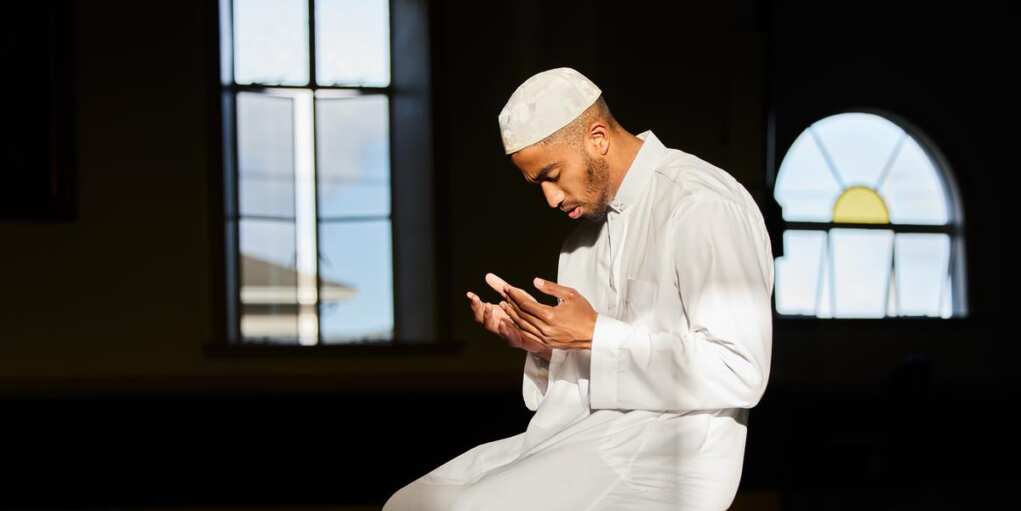Muslim Police In America? Dems Are Planning It

When a police uniform changes, it’s never just fashion. In Dearborn, Michigan, officials recently floated the idea of adding Arabic-script patches reading “Dearborn Heights Police” to officers’ sleeves — a proposal sold as cultural “outreach” in a city with a large Muslim population. The reaction was swift and fierce. By week’s end, the mayor was already backpedaling and the department called the idea premature and unapproved.
Glenn Beck’s take was blunt: this is not how a melting pot works.
For generations, America asked immigrants to bring their faith, language, and family traditions — and then unite under a shared civic identity rooted in the Constitution. We didn’t erase backgrounds. We elevated what we had in common. The uniform on an American cop was part of that glue: one law, one standard, one flag on the shoulder.
Beck argues the patch gambit flips that script. Instead of assimilation around neutral civic symbols, it invites a government agency — law enforcement — to mirror a particular linguistic and religious identity. That’s not inclusion. That’s fragmentation. And when it’s the police doing the signaling, the message gets louder: your “tribe” comes first, the common culture comes second.
Supporters billed the patch as a harmless olive branch. But signals from the state always carry meaning. If a department begins tailoring the uniform to one group’s sensibilities, where does it stop? Do we add scripts for every language? Do we start bending other core standards to accommodate competing demands? The United States avoided that trap by insisting on a common civic frame — precisely so people from everywhere could belong without carving up public institutions into warring fiefdoms.
Beck also drew a sharp contrast with religious groups that endured real hostility in America’s past. Mormons and Catholics didn’t ask the government to rebrand itself around their doctrines. They practiced freely and proudly while embracing American civic norms. That is the model that works. It protects conscience while keeping the public square neutral and stable.
What makes Dearborn different is the open push in some quarters to replace, not join, the American project. Beck warned that when local religious leaders preach the supremacy of religious law over the Constitution — and city leaders respond by tweaking police uniforms to nod toward that posture — it’s not “bridge-building.” It’s the state leaning toward a political-theological agenda that competes with our founding order.
That’s why this blew up so fast. People aren’t stupid. They recognize the power of symbols, and they understand the stakes. A badge and a uniform say, “Equal justice under law.” Introducing sectarian or linguistic segmentation onto that canvas chips away at the very thing that lets wildly different Americans trust the same cop on the same street.
The rapid walk-back proves the public still has a veto. That’s good news. But it should also be a wake-up call for every city hall communications shop that thinks “representation” means repainting the patrol car in the color of whichever activist shouted loudest last week. Real representation is even-handed enforcement, clear communication for all residents, and unwavering fidelity to the Constitution. You want outreach? Hire more bilingual civilian liaisons. Expand translated community notices. Host forums in multiple languages. Fine. But the uniform is not your billboard.
If leaders in Dearborn thought this would be a cheap way to score applause, they misread the country. Americans are desperate to claw back the institutions that once bound us together: the flag in the classroom, the pledge at assemblies, the shared language of our laws, and yes — the uniform that means the same thing in English, Arabic, or anything else: justice that doesn’t play favorites.
That’s the real small gesture that would send a big message.

